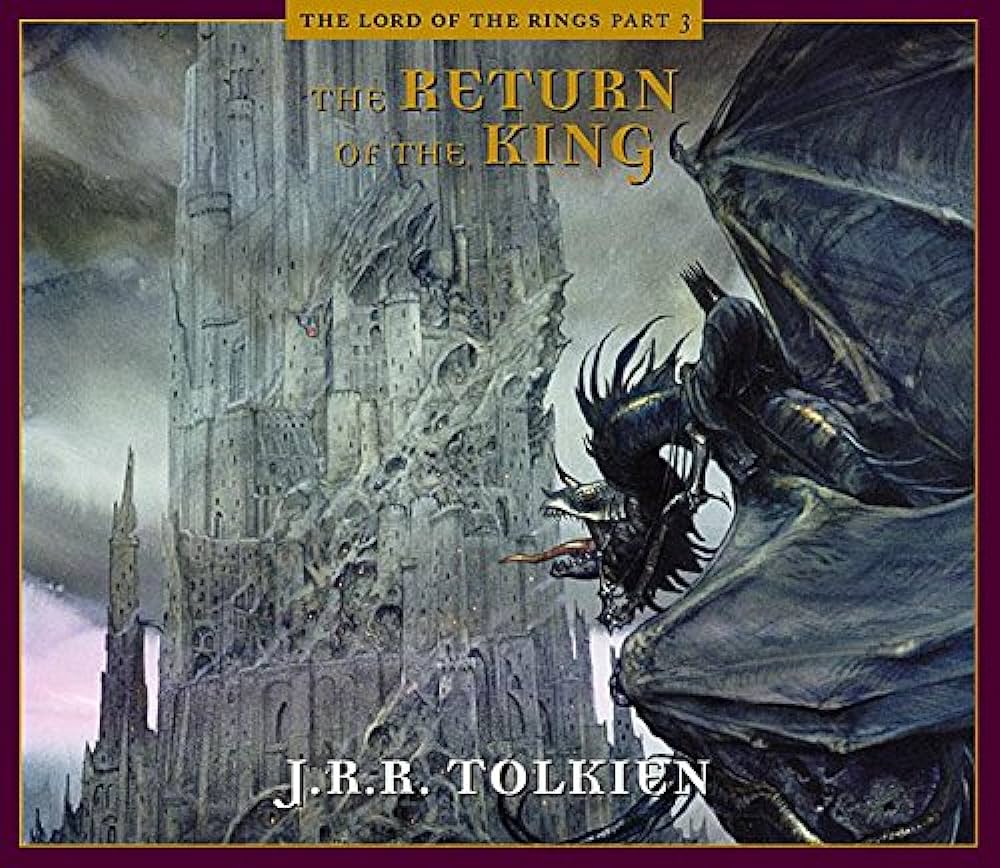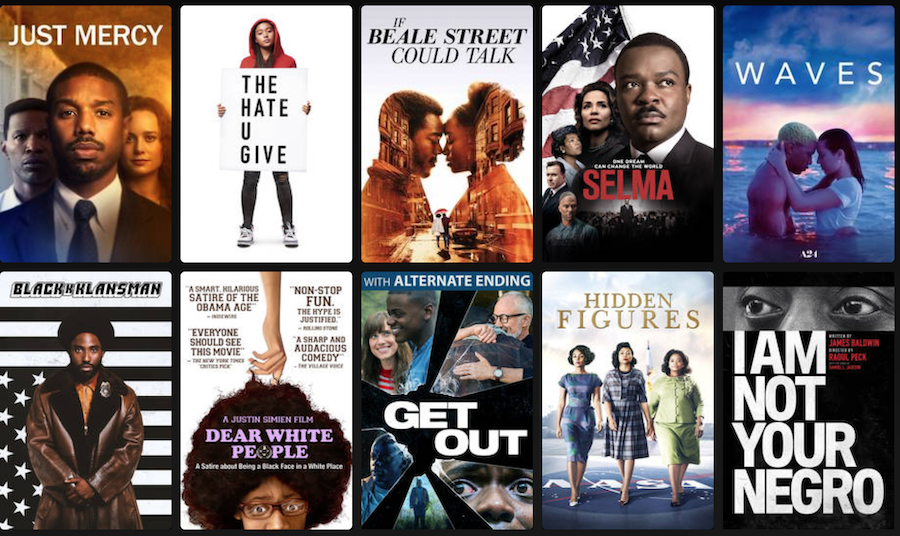Exploring the Relationship Between Movies and Society
Dive into the intricate movie-society connection and its profound impact on our culture. Explore the interplay of cinema and society .

The Impact of Cinema on Shaping and Reflecting Societal?Values?and Norms
Cinema is a powerful medium that has the ability to both reflect and influence societal values and norms. Throughout its history, the film industry has played a significant role in shaping public perceptions, attitudes, and behaviors. Movies have the unique capacity to capture the zeitgeist of a particular era, shedding light on the values and norms of society at a given time. Simultaneously, they have the potential to challenge, reinforce, or even transform these established norms. This essay delves into the multifaceted relationship between cinema and society, exploring how movies serve as both a mirror and a catalyst for?societal values and norms.
The Reflective Power of Cinema
Movies as a Mirror of Society
One of the fundamental ways in which movies impact societal values and norms is by serving as a mirror that reflects the world in which they are created. Filmmakers often draw inspiration from contemporary events, cultural shifts, and prevailing ideologies, allowing their works to mirror the ethos of their times. For example, films produced during times of war often?reflect the anxieties, patriotism, and collective identity of the society at that moment. During the 1930s and 1940s, Hollywood produced a series of war films that reflected the prevailing sentiment of unity and sacrifice during World War
Similarly, films can mirror social issues and inequities. In the 1960s, during the civil rights movement in the United States, movies like "Guess Who's Coming to Dinner" (1967) addressed interracial relationships and discrimination. These films not only mirrored the tensions and debates of the era but also contributed to changing societal attitudes on these topics.
Cultural Values and Traditions
Cinema also plays a vital role in preserving and transmitting cultural values and traditions. Films often explore cultural practices, rituals, and folklore, allowing audiences to connect with their heritage and gain a deeper appreciation of their roots. For instance, Indian cinema, commonly referred to as Bollywood, is renowned for its portrayal of traditional Indian values, customs, and family dynamics. Movies like "Dilwale Dulhania Le Jayenge" (1995) have become cultural touchstones, reinforcing the importance of familial bonds and traditional values within the Indian diaspora.
Moreover, cinema serves as a platform for showcasing diverse cultures and promoting cross-cultural understanding. Through international films, audiences can gain insights into the traditions, norms, and values of different societies. Films like "Crouching Tiger, Hidden Dragon" (2000) have introduced Western audiences to Chinese martial arts and philosophy, fostering a greater appreciation for Chinese culture.
Influence on Societal Values and Norms
While cinema primarily?reflects societal values?and norms, it also has the power to influence and shape them. This influence is particularly evident in the following ways:
- Social Awareness and Advocacy:?Movies can raise awareness of critical social issues and advocate for change. Documentaries like "An Inconvenient Truth" (2006) drew attention to climate change and spurred discussions about environmental conservation. Such films can inspire individuals and communities to take action and contribute to shifting societal norms in a more socially responsible direction.
- Challenging Established Norms:?Filmmakers often use their craft to challenge established norms and provoke thought. Movies like "Brokeback Mountain" (2005) challenged traditional notions of masculinity and sexuality, contributing to broader discussions about LGBTQ+ rights and acceptance.
- Cultural Exchange:?Through storytelling and character development, movies can promote empathy and cross-cultural understanding. Films like "Slumdog Millionaire" (2008) shed light on the challenges faced by people in impoverished communities, encouraging empathy and support for social change.
- Inspiring Social Movements:?Certain movies have inspired social movements and activism. "The Hunger Games" series (2012-2015) prompted discussions about government surveillance, inequality, and the power of collective action, resonating with audiences and influencing their views on these issues.
- Shaping Perceptions:?Movies have the power to shape perceptions of specific groups or identities. Positive and accurate portrayals of underrepresented communities can challenge stereotypes and contribute to greater societal acceptance and inclusion.
The Evolution of Cinema's Influence
The influence of cinema on societal values and norms has evolved significantly over time, partly due to advancements in technology, changes in the global landscape, and shifts in cultural attitudes. Understanding this evolution is crucial to comprehending the complex relationship between?movies and society.
Technological Advancements
The advent of new technologies, such as color cinematography, sound, and special effects, has expanded the creative possibilities for filmmakers. These technological advancements have not only enhanced the cinematic experience but also allowed filmmakers to create more immersive and impactful narratives. For instance, the introduction of sound in the late 1920s revolutionized the film industry, enabling movies to convey dialogue, music, and ambient sounds. This innovation not only reflected the transition from the silent era to the "talkies" but also influenced how stories were told and how characters were portrayed.
The digital era brought about another transformative shift in cinema. Advances in computer-generated imagery (CGI) have made it possible to create visually stunning and fantastical worlds. Films like "Avatar" (2009) demonstrated the power of CGI in immersing audiences in new and imaginative realms, influencing the expectations of modern moviegoers and setting new standards for?visual storytelling.
Globalization and Cultural Exchange
Globalization has expanded the reach of cinema, allowing films to cross borders and influence societies around the world. Hollywood, in particular, has played a significant role in exporting American culture and values to international audiences. American movies often feature themes of individualism, freedom, and the pursuit of the American Dream. These themes have resonated with audiences worldwide, contributing to the global spread of certain values and ideals.
Conversely, international cinema has also made a profound impact on Western audiences by introducing them to diverse cultures and perspectives. Movies like "Parasite" (2019) from South Korea have challenged Western notions of class and inequality, winning critical acclaim and Oscars. This cross-cultural exchange has enriched cinematic storytelling and contributed to a more interconnected global society.
Changing Cultural Attitudes
Cultural attitudes and societal norms are not static; they evolve over time. Cinema has played a pivotal role in reflecting and sometimes accelerating these changes. For example, in the mid-20th century, movies began to challenge traditional gender roles. Films like "Gentlemen Prefer Blondes" (1953) and "Breakfast at Tiffany's" (1961) showcased strong, independent female characters, reflecting the growing feminist movement of the era. These portrayals helped shape and normalize new gender norms.
In conclusion, cinema is a dynamic and influential medium that both reflects and influences societal values and norms. As a mirror of society, movies provide insights into the cultural, political, and social landscapes of their time. They serve as a reflection of societal values, traditions, and the prevailing zeitgeist. Simultaneously, cinema has the power to influence and shape these values and norms by raising awareness of critical issues, challenging established beliefs, and inspiring social change. The relationship between cinema and society is a reciprocal one, with each influencing and being influenced by the other, making film an essential and enduring part of our cultural fabric.
What's Your Reaction?












